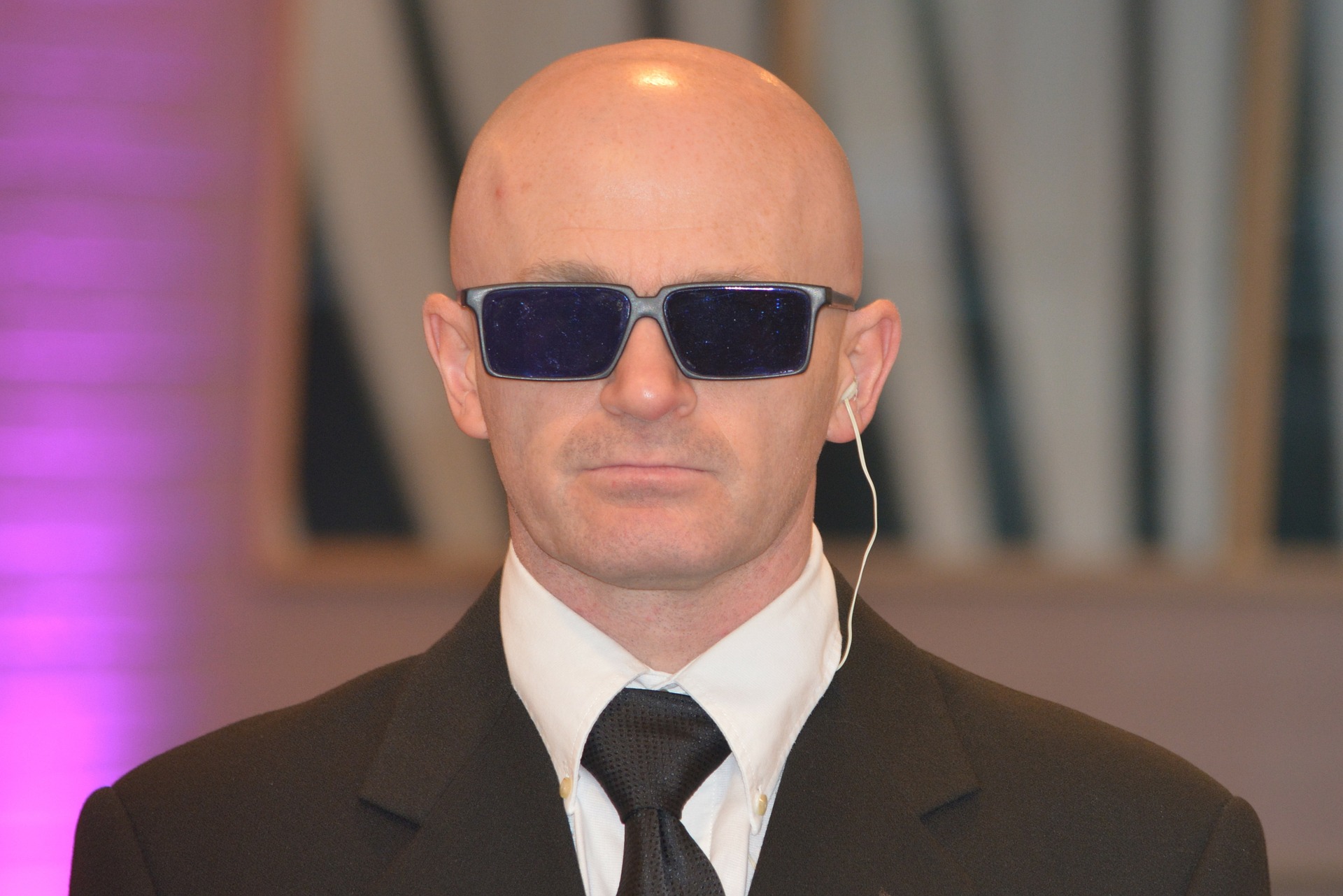Over the past decade or so, science has made amazing strides in improving our well-being. It wasn’t all that long ago, for example, that people thought that meditation was done only by fringe, religious fanatics from Asia. Today, many researchers see meditation as a miracle because of its substantial benefits, including reducing stress, depression, and anxiety. However, one area that continues to baffle scientists is hair loss.
While there has been plenty of research into hair loss solutions for men, with promising breakthroughs associated with the discovery of 5-alpha-reductase inhibitors, no one has succeed in developing a definitive solution.
Take a Realistic View
When it comes to hair loss, it’s easy to feel that your world is caving in on you. But it doesn’t have to be that way. Here are four ways to get a more realistic perspective on your situation.
- It’s Not the End of Your Romantic Life
Many men see hair loss as catastrophic. They become extremely self-conscious and their self-esteem plummets like a thermometer during a snow storm.Although celebrities from Yul Brynner to Bruce Willis have proven that even bald men can be sex symbols, most men think that losing their hair means the end of their love life. The truth is that most women aren’t superficial enough to fall in love with a man based solely on the quality and quantity of his hair. You may not be as ruggedly handsome as when you had a good head of hair, but you’re probably still quite a catch. Just roll out that charm and take off that baseball cap. - You’re Not Alone
Hair loss has become increasingly common, too. According to WebMD, “About 85% of men will have major hair thinning by the time they’re 50. Some guys start to lose theirs before they turn 21.” - Prevention is Easier than a Cure
Men should take care of their hair long before they notice the first signs of hair loss. If you eat healthy, nutritious foods, exercise regularly, and use the right hair products—conditioners and shampoos without dangerous parabens—you should be able to keep much of your hair as you age. - It’s Not Your Fault
Much hair loss can be attributed to environmental factors—such as living in an industrialized country, lack of sleep, and being constantly stressed out. Negligent scalp hygiene and poor food choices (foods high in salt, sugars, fats, or artificial ingredients) result in weaker hair strands, making it easier for them to break off with vigorous combing.
What to Eat for Healthy Hair
If you haven’t inherited the baldness gene, your best option is to try natural remedies to improve scalp health and create stronger, healthier hair. One step in the right direction is to change your diet. So what should you be eating?
Here are five food choices that will help combat thin, weak, or breaking hair:
- Eat Foods Rich in Iron and Zinc
These minerals (typically found in red meat and soybeans) help your hair follicles to grow. - Get More Vitamin D
While you can get some vitamin D by spending more time in the sun, you’re probably not going to get enough. Unfortunately, few foods are rich in this nutrient, so supplementing your diet with 1,000 IU of vitamin D every day may be the best solution (but talk with your medical provider before you start taking vitamin D or any other supplement). - Stick to a High-Protein Diet
Protein is an essential macronutrient for cell growth and repair. Our protein levels may drop because of a weight loss diet or eating a lot of meals on the run and not paying attention to protein needs. - Consume Good Fats
Omega 3 fatty acids will hydrate your hair from the inside—so much so that your hair will feel noticeably silkier. Good sources of Omega 3s are fatty fish, chia seeds, and flax seed oil supplements. - Make Sure You’re Getting Enough B Vitamins
B vitamins help in the development of hair cells. Biotin is an especially important vitamin, too. You can get your Bs from regular meat, eggs, and leafy green vegetables.
In addition to giving your hair the nourishment it needs to grow, these food choices will also help you improve your overall health. B vitamins, for example, are excellent for the health of your brain and nervous system.
Research Your Options
Science is continuing to research solutions for hair loss, but until the perfect solution comes along, the best approaches to keeping your head of hair are to eat better, reduce your stress levels, and continue to look into the many promising solutions that are continually being discovered (including stem cells).
Photo credit: pixabay



